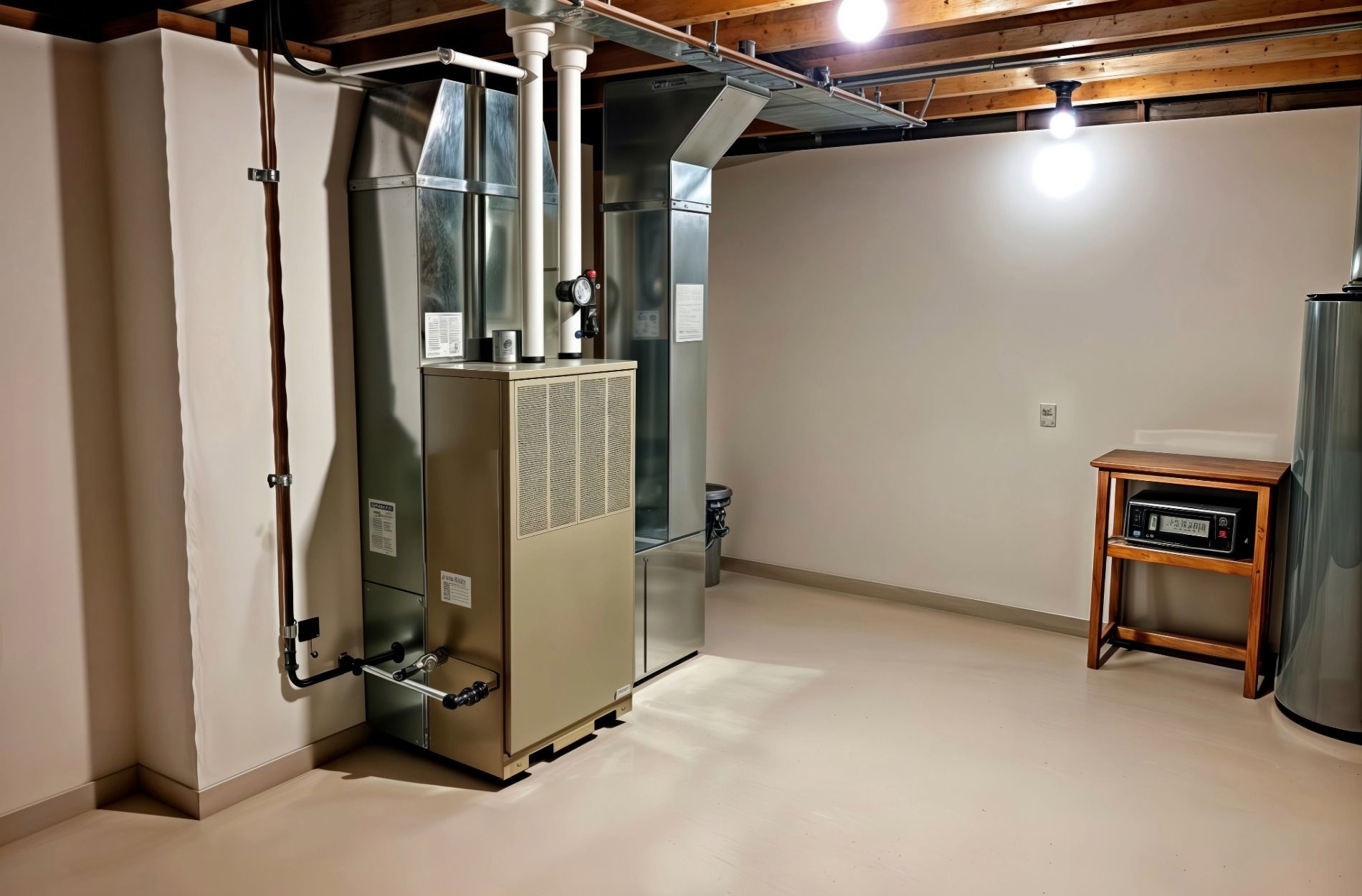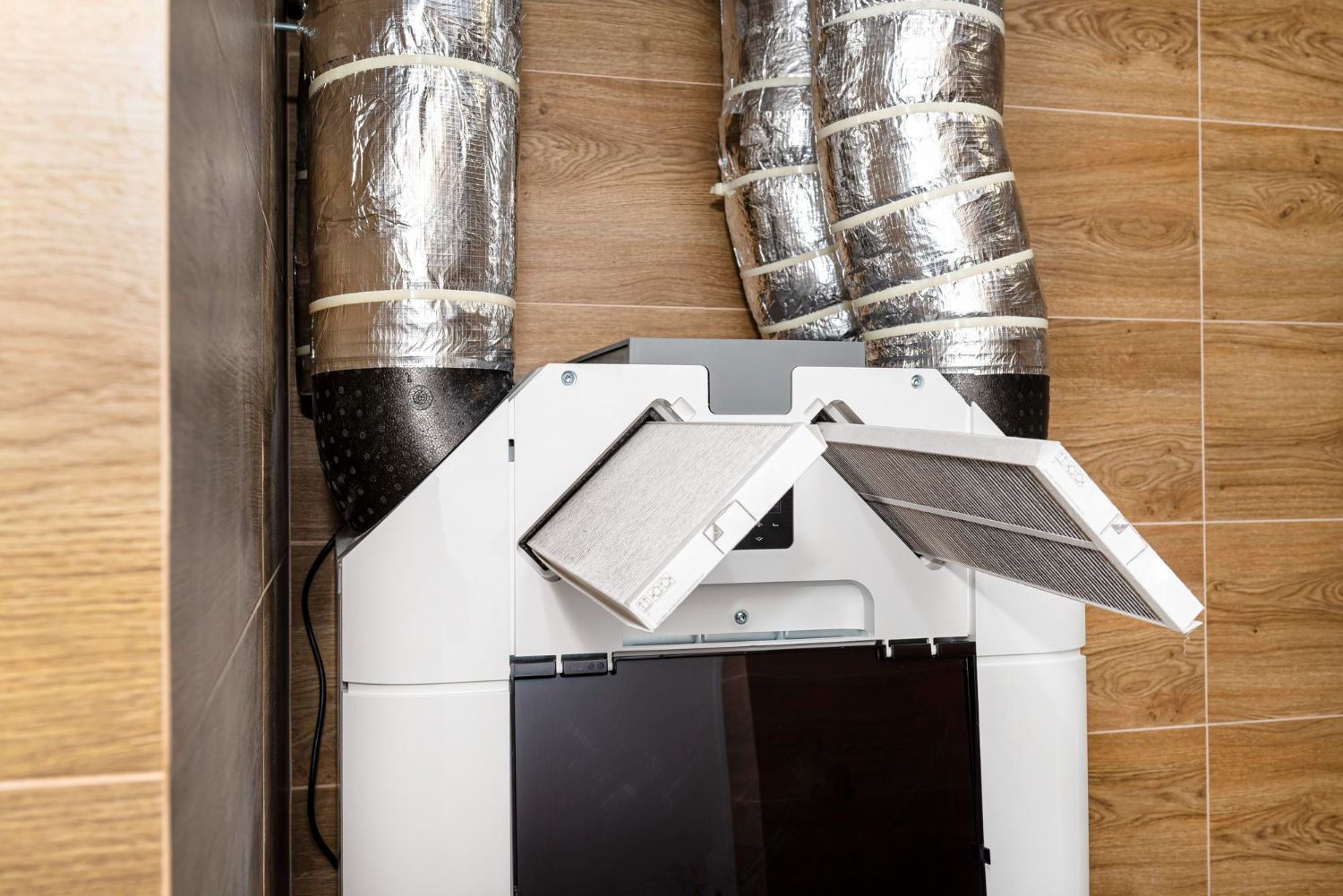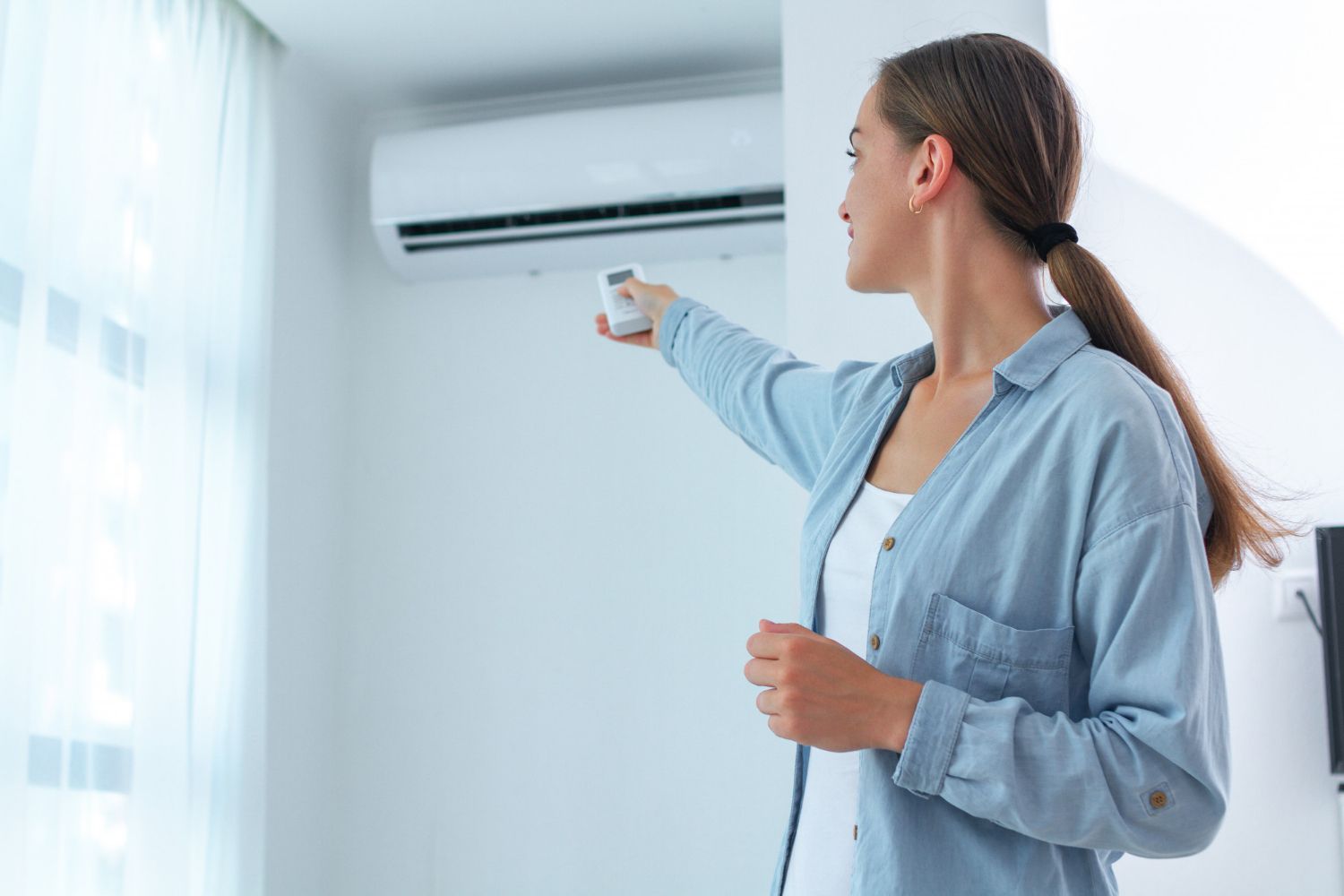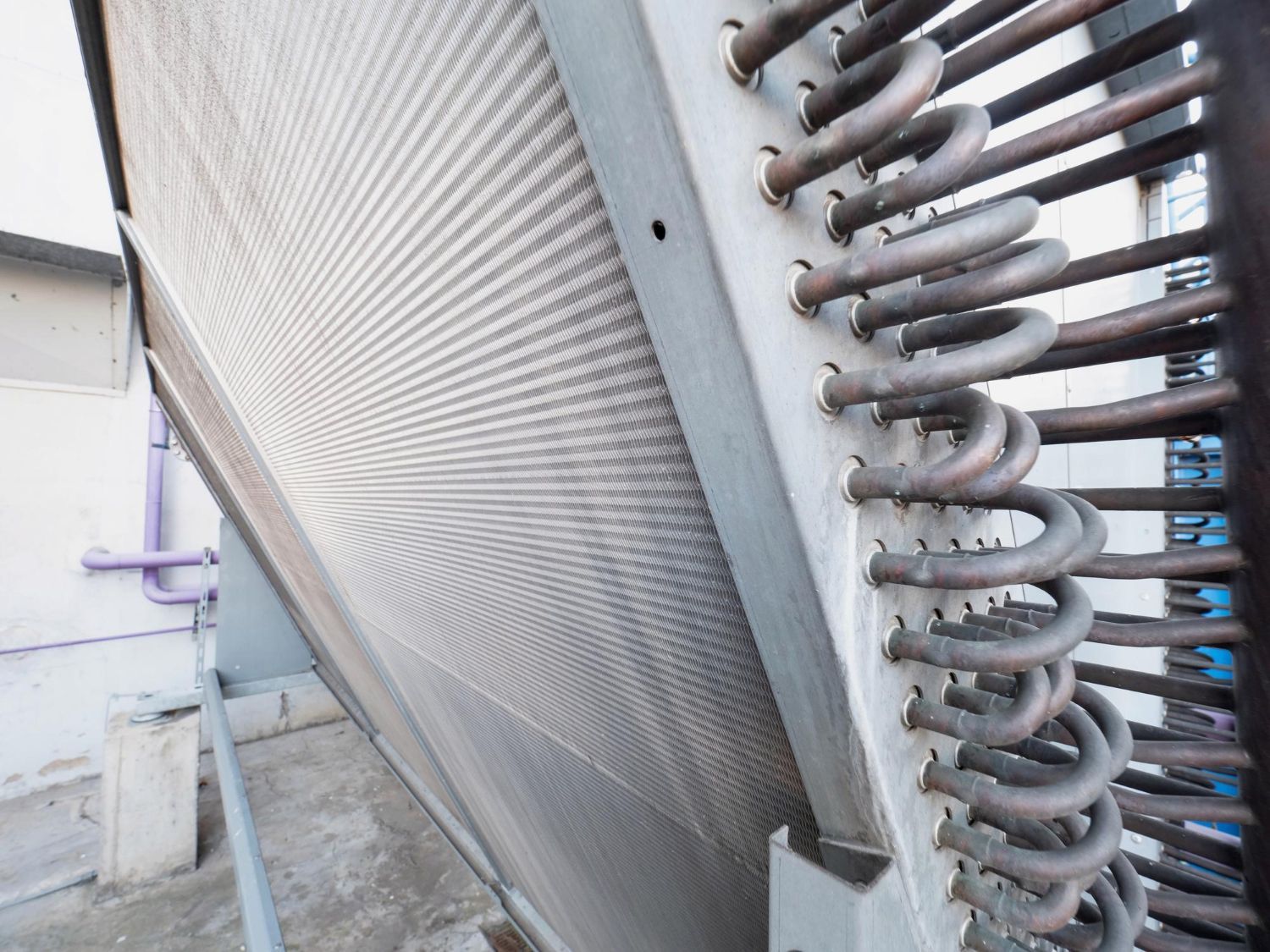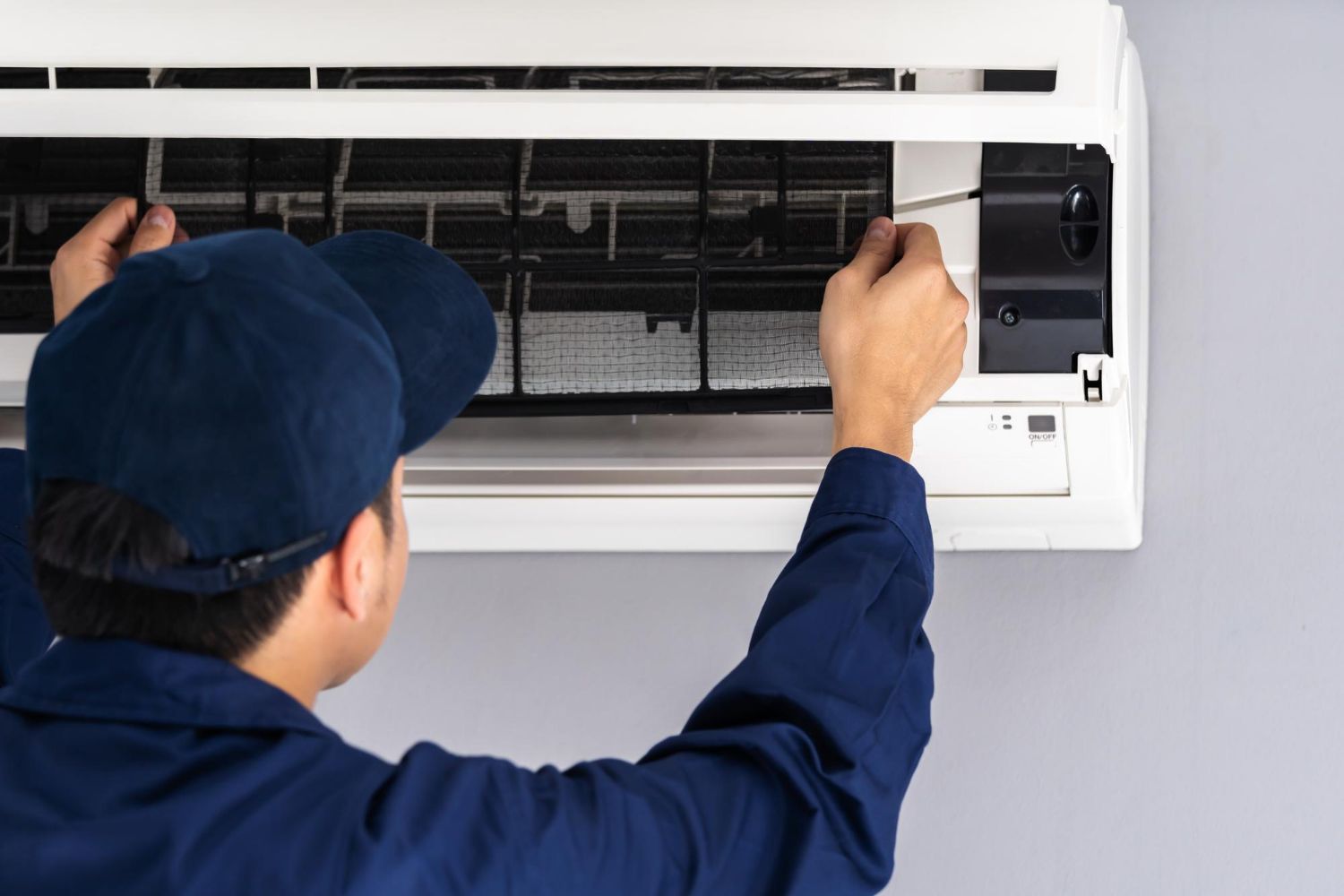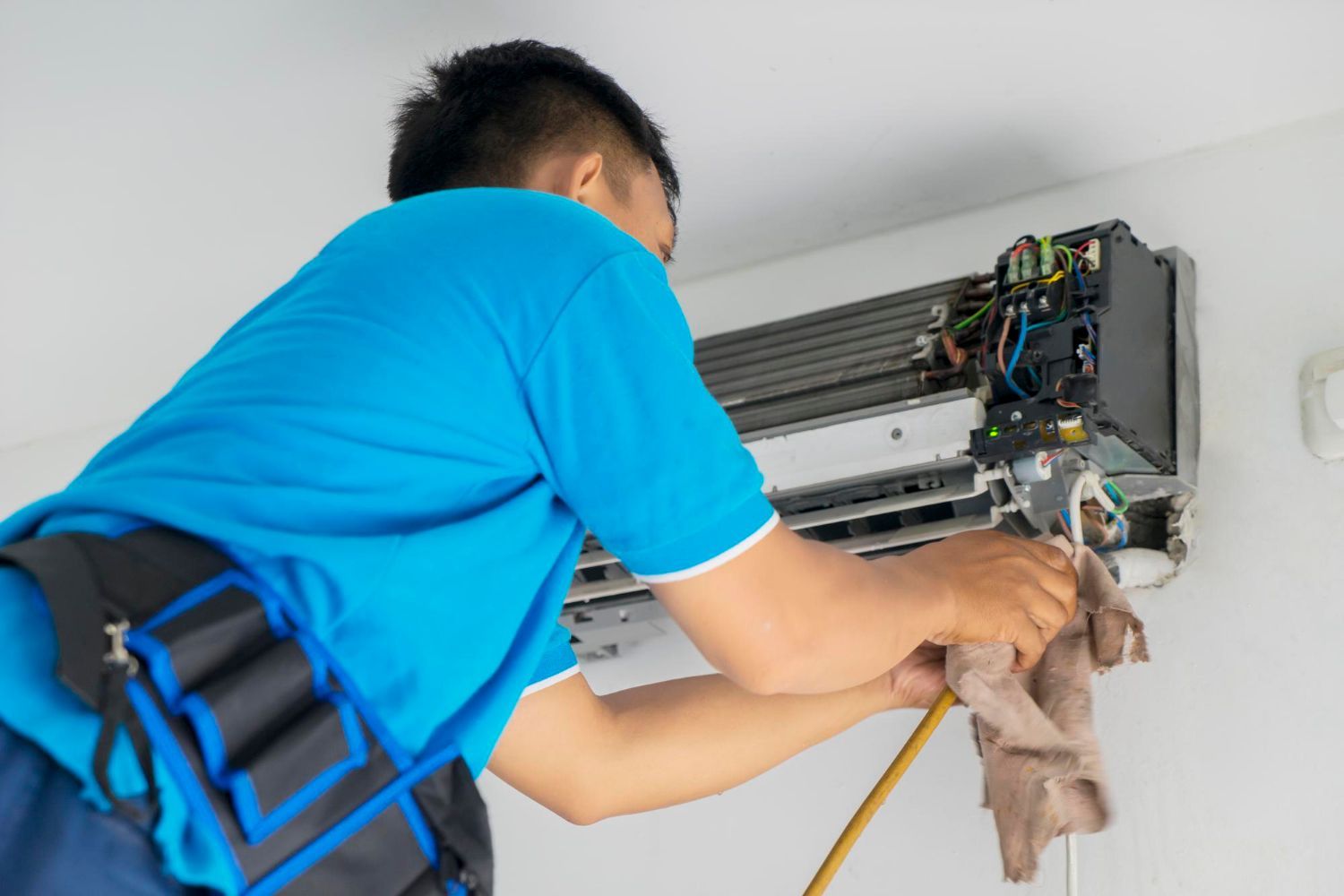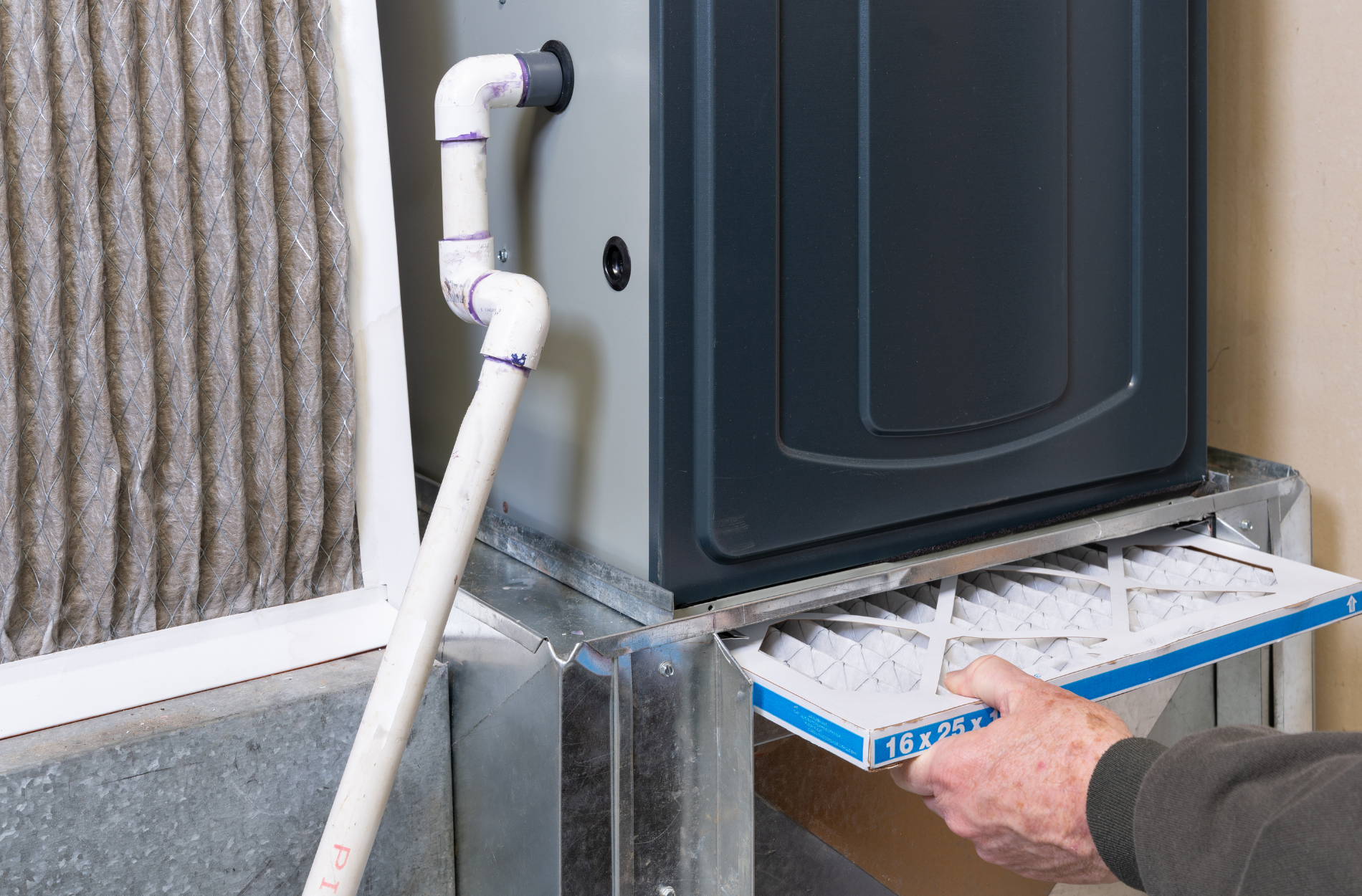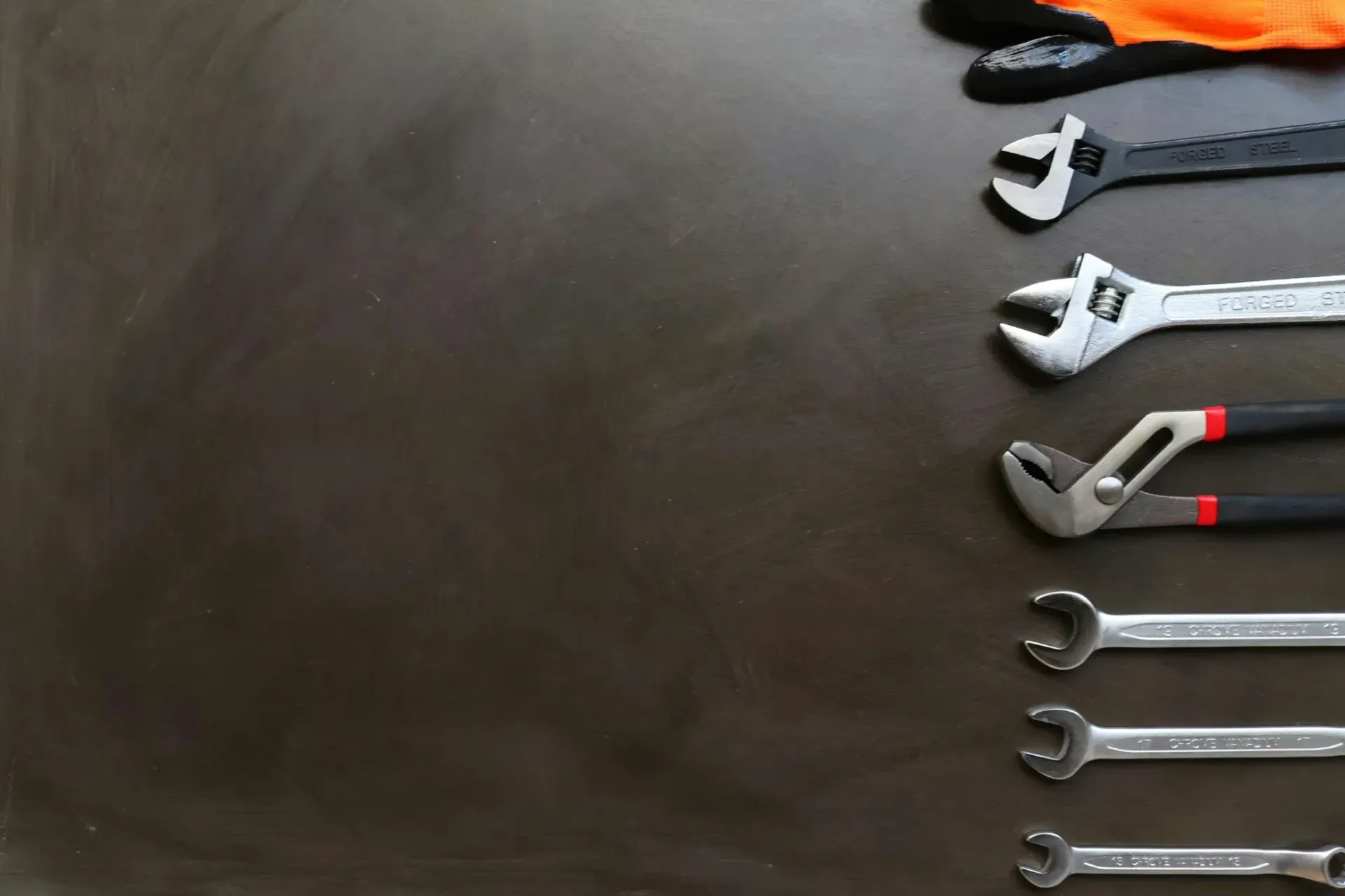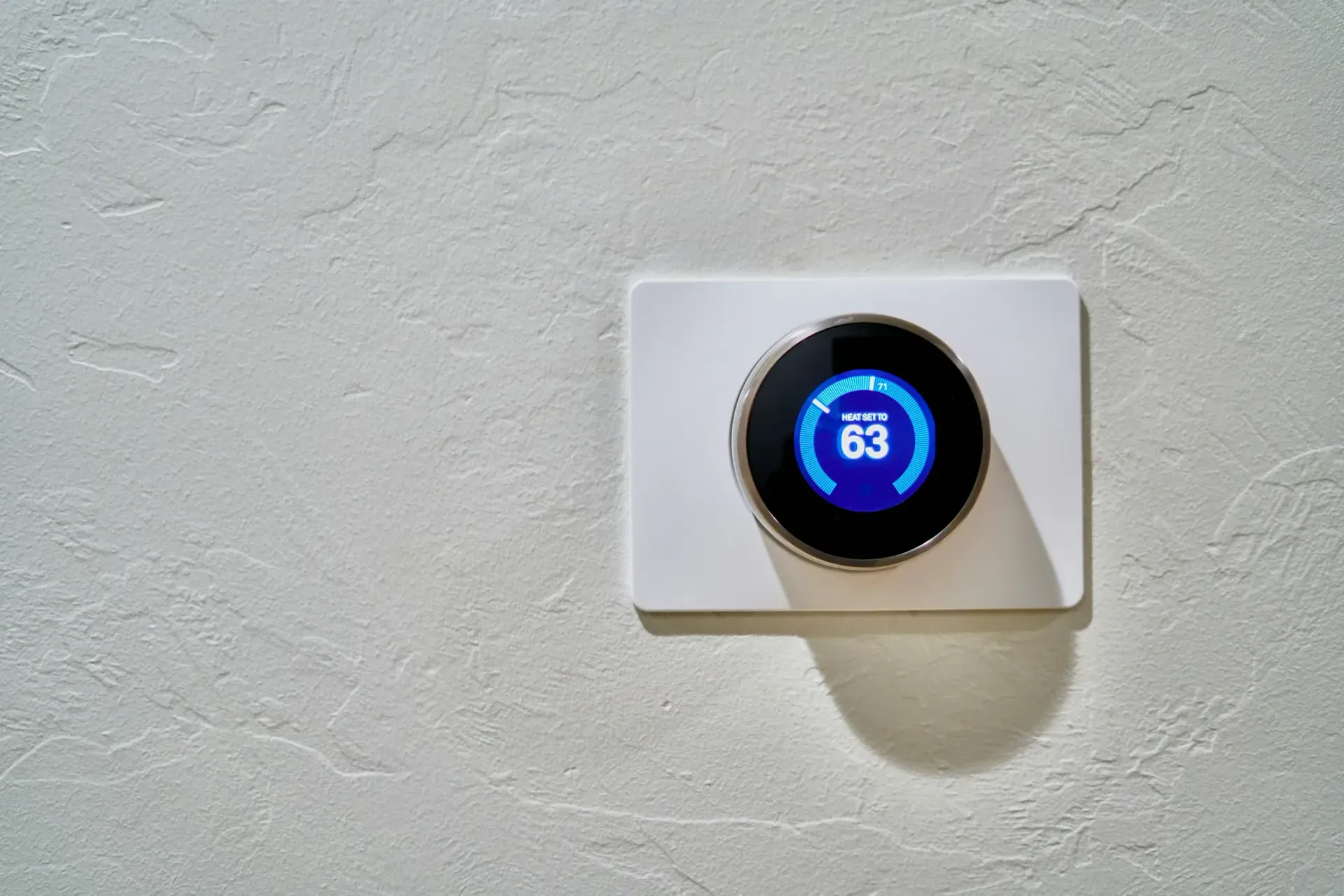Why Is My Brand-New AC Unit Freezing Up?
It is undeniably frustrating to invest hundreds or thousands of dollars in a cooling system only to end up wondering, "Why is my brand-new AC unit freezing up?" The answer could be a straightforward problem with a simple solution or something more complicated. The only way to be sure is to call in a professional technician such as Premier Systems, the AC repair experts in Bozeman, MT.
How a Typical AC System or Heat Pump Manages Heat and Cold
The first step to understanding potential answers to the question, "Why is my brand-new AC unit freezing up" is understanding what happens when your AC works normally.
The primary function of an air conditioner is to deliver cool air throughout the house. A typical air conditioner cools the air by drawing heat out of the air inside the house and moving the heated air outside. In a central air system, the evaporator coils in the indoor unit take heat from the air, and the condenser coils release it into the air outside.
Refrigerant is key to this transfer process. Liquid refrigerant in the evaporator coils absorbs heat when it becomes a gas. The refrigerant then releases its heat when it turns back into a liquid. Any AC problem that interferes with this process can potentially lead to overheating or freezing.
How Can I Tell That My AC Unit Is Freezing Up?
A symptom of a frozen AC unit is that the vents in your air conditioning system will produce warm air because the coils lose their ability to transfer heat. Your AC system might run continuously or longer than it usually does because the thermostat detects that the AC system has not succeeded in reducing the room temperature.
If frozen coils are the result of clogged filters and poor airflow, you might notice that your air vents release a trickle of tepid air rather than a powerful blast of air. Addressing the cause of the frozen AC coils will restore power and vitality to your air conditioning system.
Is It Normal for Air Conditioning Units to Freeze Up?
Your air conditioner's coils should not freeze during normal operation since the evaporator coils should have continuous exposure to warm air inside your home. The outdoor condenser coils should not freeze because they should heat up when the compressor applies pressure to the refrigerant.
Causes of Frozen Coils
Why is my brand-new AC unit freezing up? A faulty installation is one reason they could fail.
Proper maintenance and judicious use of the air conditioner can improve the performance of your air conditioner and prevent them from occurring, but the following conditions also increase the risk of frozen coils:
Cold Temperatures
If you run your air conditioner when outdoor temperatures are too low, you can increase the likelihood of your AC system freezing up. If the temperature outside is below 60 degrees, turn off the AC and open the windows to let in cool air.
In general, it is a good idea to set your air conditioner to a temperature at or above 78 degrees Fahrenheit or higher if you are not at home. Reducing the work that the AC has to do reduces wear and can prevent problems like frozen coils.
Poor Airflow
Naturally, your air conditioner requires exposure to the air inside and outside your home for the air conditioning to work. If air cannot get to the evaporator or condenser coils, the cycle of heat transfer will not take place.
For example, if the refrigerant inside the evaporator coils cannot absorb heat from the air, it might draw heat from the pipes instead, causing the pipes to freeze up.
A dirty air filter is one cause of poor airflow. When the filter becomes clogged, air cannot move as easily through the ductwork.
Dirty Coils
Dirty coils can cause an AC unit to freeze up because the layer of dirt can insulate the coils against the air temperature. If they are dirty, cleaning them could solve the problem of your AC unit freezing. However, the buildup of ice on your AC unit could damage the coils.
Low Refrigerant Levels
You might think that low refrigerant levels would lead to a less pronounced temperature change in the coils. However, if the coils have insufficient refrigerant, the remaining refrigerant can expand too quickly in the evaporation coils, cooling down too quickly and leading to the formation of ice on the coils.
Problems with the Defrost Cycle
The evaporator coils in an AC system will naturally get cold as it converts liquid refrigerant into gas. Before you have a chance to worry, "Why is my brand-new AC unit freezing up?" the AC defrost cycle should kick in. The defrost cycle runs the compressor without running the fan, causing the condenser coils to heat up.
The defrost cycle typically takes about 10 minutes. If the defrost cycle takes longer or your AC system enters the defrost cycle more frequently than about once every half hour, there might be a problem with the temperature sensor, or the defrost cycle might be ineffectual.
If the thermostat or temperature sensors on your air conditioning unit malfunction, your AC might fail to enter the defrost cycle when the coils get too cold. When this happens, a professional can identify and replace the faulty component. Depending on the manufacturer and model of your air conditioner, your thermostat display might show an error message and prompt you to make a service appointment.
Why It Is Bad For Your AC Unit to Freeze Up?
A frozen AC system will not cool air efficiently, so you will need to fix the issue to keep your home at a desirable temperature in the summer. Ice can damage frozen AC coils, further reducing the efficiency of your AC system. The ice can form a barrier between the air and the coils, interfering with heat transfer.
You might think that ice around the coils will make it easier for them to keep the air cool, but the reality is more complex. Ice can actually be an insulator, especially if the ice retains pockets of air. Like ice buildup in your freezer, ice on AC coils reduces the overall efficiency of the appliance.
How To Keep Your AC System from Freezing Up
Regular maintenance and good AC usage habits are the best ways to reduce the likelihood of your AC system freezing up in the future.
- Watch out for any warning messages or alerts on your HVAC thermostat.
- Keep the indoor and outdoor AC units clean and free from debris.
- Save money and reduce wear on your system by keeping your AC off when it is cool outside.
- Schedule regular AC tune-ups each fall.
The best way to reduce the chance of frozen AC coils is to find an experienced maintenance technician and let them know as soon as possible whenever your AC has any issues.
For a Smoothly Running AC Unit in Bozeman, MT, Call Premier Systems
The dedicated and talented team at Premier Systems is ready to help if your AC unit in Bozeman, MT acts up. We can recognize the signs you need AC repair and give you many repair, upgrade, or replacement options, including refrigerant leak repair, coil cleaning, and thermostat repair.
Don't let ice buildup lead to high air conditioning repair bills. If you are wondering, "Why is my brand-new AC unit freezing up?" call Premier Systems at
406-380-3083 to speak with an experienced technician and set up a service appointment today.

